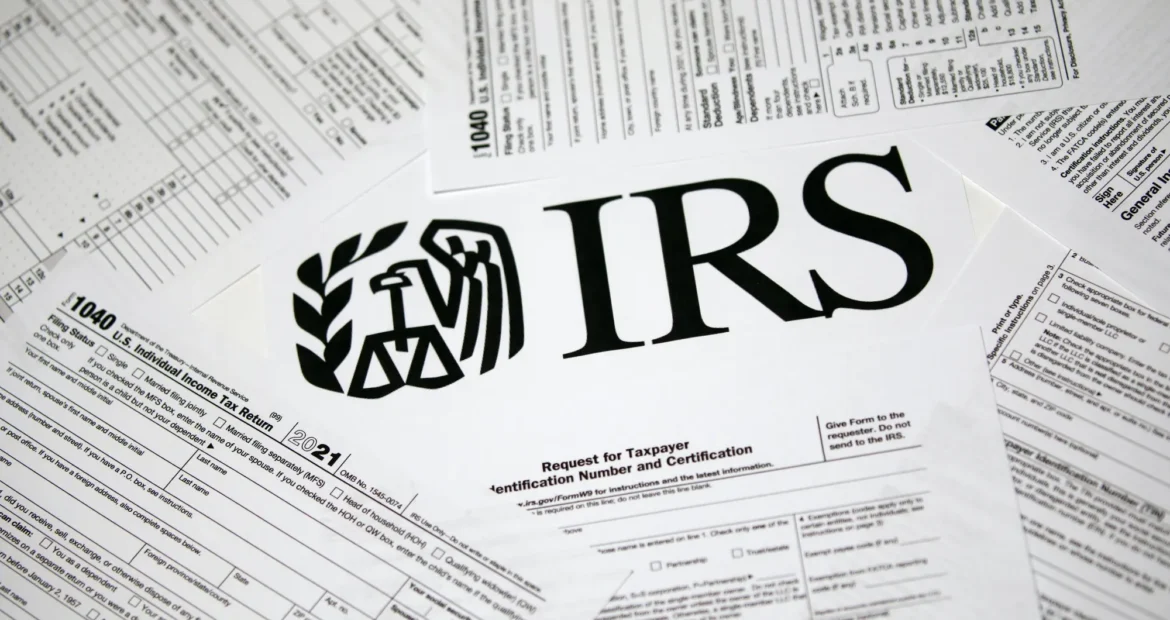Few things strike fear into people like three little letters: IRS. If you owe back taxes, you know the stress—it can feel overwhelming, even paralyzing. But here’s the good news: the IRS has structured, legitimate ways for taxpayers to settle their tax debt. With the right strategy, you can protect your finances, avoid crippling penalties, and move forward with confidence.
Let’s walk through the key options.
The worst thing you can do with IRS debt is ignore it. Unlike credit card companies, the IRS has powerful collection tools: wage garnishment, bank levies, and property liens. But they also prefer cooperation over confrontation.
The moment you recognize you owe back taxes, open the mail, return the calls, and take action. Facing the issue early keeps options open.
If you can’t pay in full, the IRS allows you to set up a monthly payment plan (called an installment agreement).
- If you owe less than $50,000 and are current with your tax filings, you can often apply online without much hassle.
- The IRS will spread payments over 72 months or less.
- Interest and penalties still accrue, but you avoid aggressive collection actions.
This option works best if you have steady income but just need time.
An Offer in Compromise (OIC) is one of the most powerful tools available. This program lets you settle your tax debt for less than the full amount—sometimes pennies on the dollar—if you meet strict qualifications.
The IRS looks at:
- Your income and expenses
- Your assets (like home equity, investments, or savings)
- Your ability to pay in the future
If paying the full tax bill would create financial hardship, the IRS may accept your offer. The process takes time, paperwork, and patience, but it can save you tens of thousands.
If you truly can’t pay—due to job loss, illness, or other hardship—the IRS may declare your account “currently not collectible.”
- This halts garnishments, levies, and aggressive collections.
- Interest and penalties still accrue, but you gain breathing room until your financial situation improves.
Think of it as the IRS pressing “pause” on collections, not “delete.”
Sometimes, the biggest burden isn’t the tax bill itself but the penalties piled on top. The IRS offers penalty abatement if you can show “reasonable cause”—such as natural disaster, medical emergencies, or other circumstances beyond your control.
First-time penalty relief is also available if you’ve been compliant in prior years. This can instantly save hundreds or even thousands.
While many taxpayers handle IRS debt directly, some situations benefit from professional guidance.
- Tax attorneys, CPAs, or enrolled agents can negotiate on your behalf.
- Just be cautious of “tax resolution” companies that charge high upfront fees without delivering results (similar to debt settlement scams).
If you go the professional route, make sure they’re licensed and have direct experience with IRS negotiations.
Owing the IRS can feel intimidating, but it doesn’t have to ruin your life. The system is designed with relief options—installment agreements, offers in compromise, temporary relief, and penalty reductions—that can help you get back on track.
The key is to act now, communicate openly, and choose the option that best fits your financial reality.
👉 Remember, the IRS wants resolution, not ruin. With the right approach, you can settle your tax debt, protect your peace of mind, and start building a stronger financial future.





